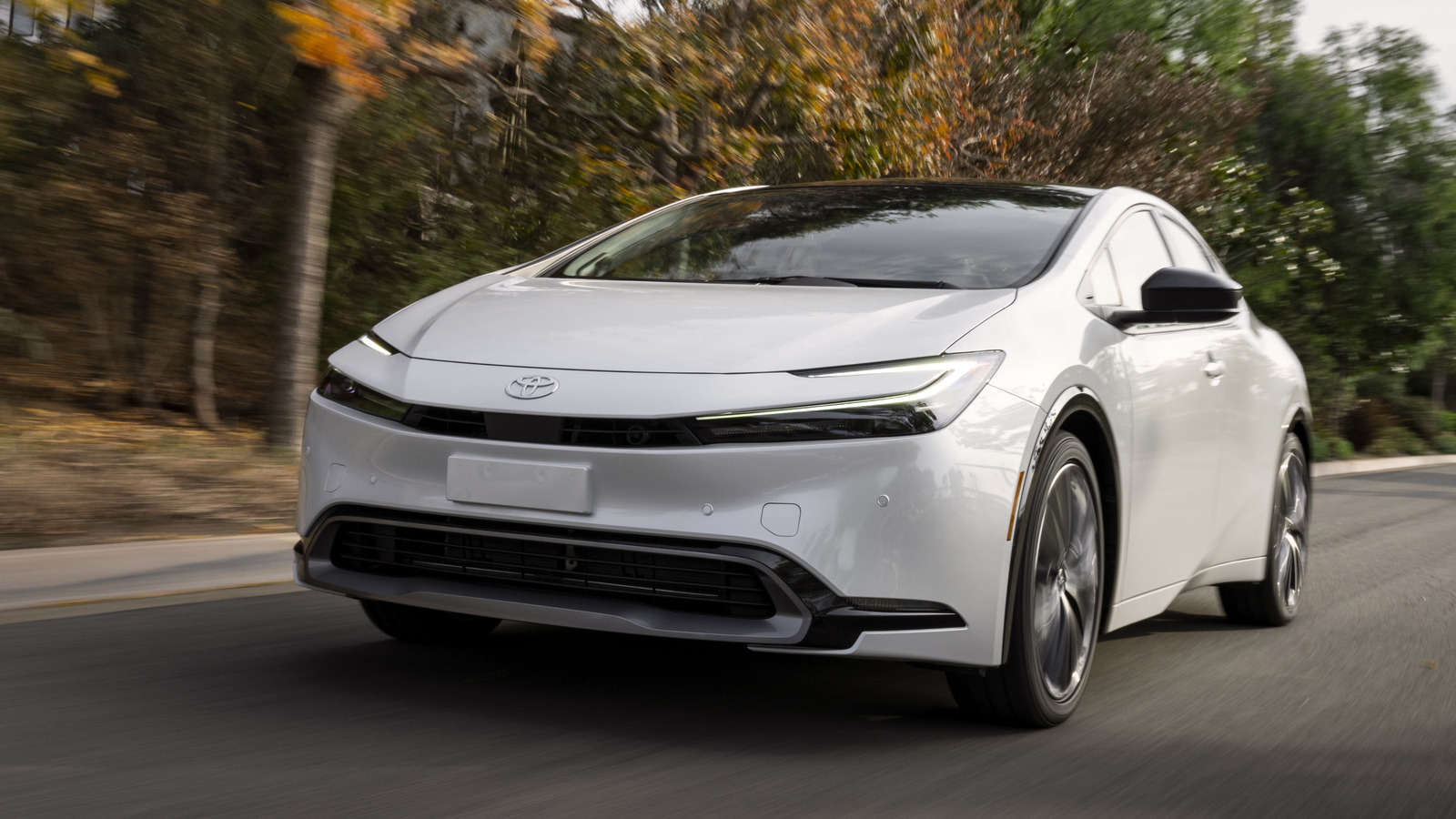Rise by Six: Your Daily Dose of Inspiration
Explore insights and stories that elevate your day.
Hybrid Cars: A Sneaky Way to Save on Gas
Discover how hybrid cars can secretly slash your gas expenses while helping the planet. Uncover the savings today!
How Do Hybrid Cars Work and Why Are They Fuel Efficient?
Hybrid cars operate using a combination of an internal combustion engine and one or more electric motors to create power. This dual-source system allows them to effectively switch between or utilize both power sources depending on driving conditions. Typically, in urban settings where frequent stopping and starting occurs, the electric motor takes precedence, while on highways, the gasoline engine is primarily engaged. The ability to recapture energy through regenerative braking, which converts kinetic energy back into electrical energy, is another critical factor that enhances their efficiency.
One of the main reasons why hybrid cars are fuel efficient is their ability to optimize fuel consumption through their unique power distribution system. By intelligently managing the use of the electric motor and the gasoline engine, hybrids reduce the overall fuel needed for various driving conditions. Furthermore, many hybrids include features like aerodynamic designs and lightweight materials that further enhance energy savings. As a result, the combination of technology and engineering in hybrid vehicles allows drivers to enjoy a greener alternative while experiencing lower fuel costs.

5 Surprising Benefits of Driving a Hybrid Car Beyond Fuel Savings
When it comes to owning a hybrid car, many people focus primarily on the fuel savings. However, there are several surprising benefits that extend far beyond just saving money at the pump. For instance, hybrid vehicles often qualify for various government incentives, including tax credits and rebates, making them more affordable upfront. Additionally, many cities offer HOV lane access for hybrid drivers, allowing you to bypass traffic and reach your destination faster—an asset that can save not just time, but also enhance your driving experience.
Moreover, driving a hybrid car can lead to a reduced carbon footprint, contributing positively to the environment. By utilizing advanced technology that combines gasoline and electric power, hybrids emit fewer greenhouse gases compared to traditional vehicles. This eco-friendly aspect appeals to an increasing number of consumers who are environmentally conscious. Finally, hybrid cars often come equipped with advanced safety features and technology, enhancing driver and passenger safety, making them a highly attractive option for modern drivers.
Is a Hybrid Car the Right Choice for Your Lifestyle?
When considering whether a hybrid car is the right choice for your lifestyle, it's important to assess your daily commuting habits and driving patterns. For instance, if you frequently navigate through city traffic or have a short daily commute, a hybrid vehicle can significantly enhance your fuel efficiency. Hybrid cars combine a traditional internal combustion engine with an electric motor, allowing them to use less fuel and produce fewer emissions compared to conventional vehicles. Additionally, their regenerative braking systems help recharge the battery while driving, making them an excellent option for stop-and-go driving conditions.
Furthermore, the economic benefits of hybrid cars can be substantial. Many hybrid models qualify for tax incentives, reducing the overall cost of ownership. When you factor in the lower fuel costs—since hybrids utilize both gasoline and electric power—you may find that you save money in the long run. However, it's essential to evaluate your specific needs and preferences. If you often embark on long road trips or require a vehicle with more space, a hybrid might not be suitable for your situation. Consider your priorities, such as environmental impact, fuel economy, and upfront costs, to determine if making the switch to a hybrid aligns with your lifestyle.